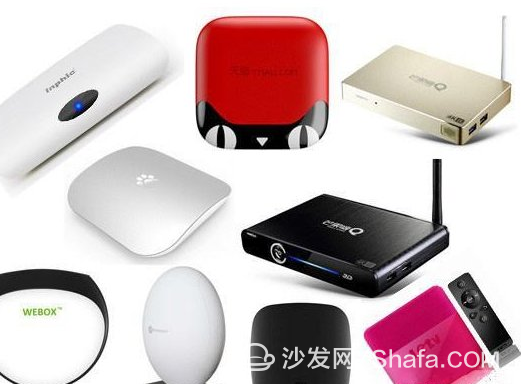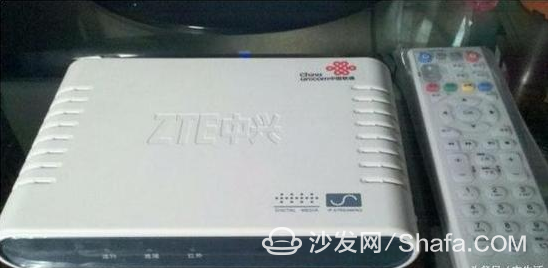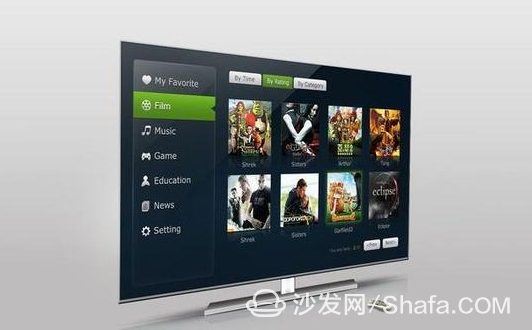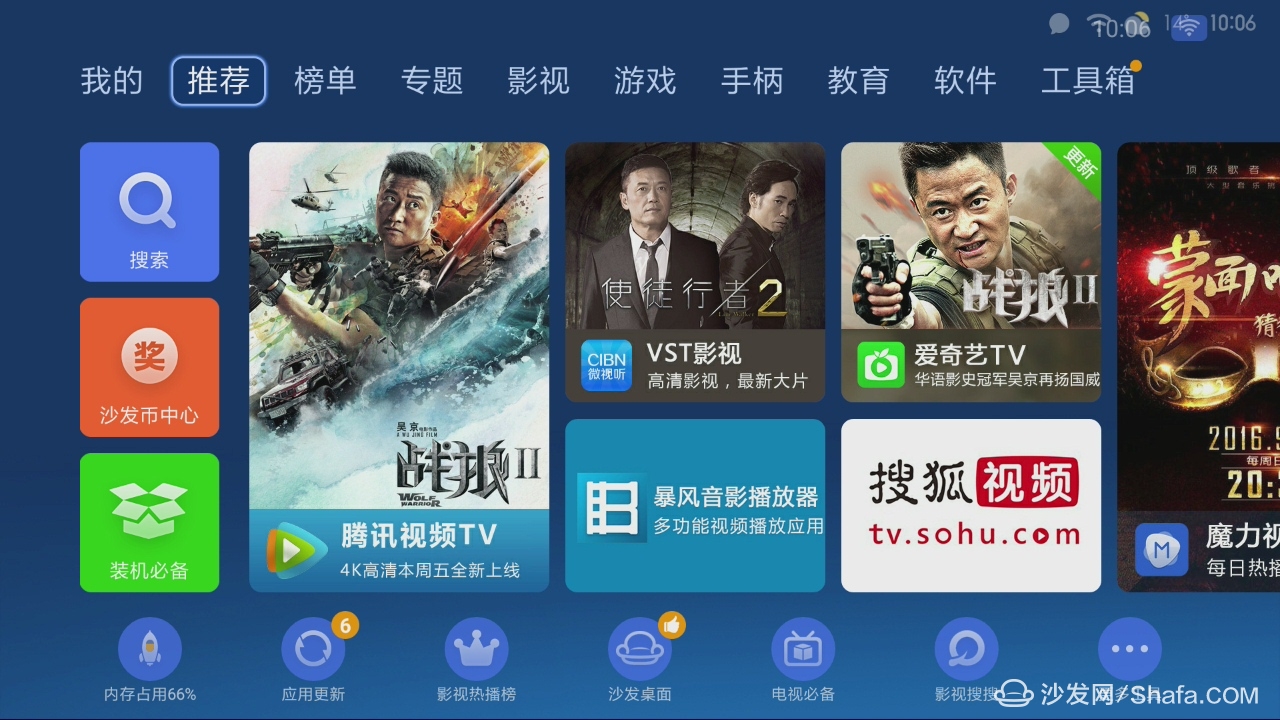Photovoltaic charge controller,Solar Charging Controller,MPPT Solar Charger Ningbo Taiye Technology Co., Ltd. , https://www.tysolarpower.com
1. Regulation of Charging: The primary function of a solar charge controller is to regulate the charging process. It prevents the Solar Panel from supplying excess current to the battery, ensuring that the battery is charged at an optimal rate.
2. Voltage Regulation: It maintains the battery voltage within safe limits, protecting the battery from overcharging or undercharging. This is crucial for extending the life of the battery.
3. Protection: Solar charge controllers provide protection against common issues such as overcharging, deep discharge, short circuits, and reverse polarity. They can also prevent the battery from being discharged when there's no sunlight.
4. Monitoring: Some controllers offer features like real-time monitoring of voltage, current, and power output, allowing users to track the performance of their solar system.
Choosing the right solar charge controller depends on various factors including the size of your solar panel array, the type and capacity of your battery bank, and your specific power needs. By selecting an appropriate controller, you ensure a reliable, efficient, and long-lasting solar power system.
What is the TV box, IPTV, and smart TV?
Streaming devices like smart TVs, TV boxes, IPTV, and traditional set-top boxes all offer ways to enjoy television at home. However, with so many options available, it can be overwhelming for users to decide which one is the best fit. Even after browsing through different choices, people often end up confused by the variety of features and services. That’s why today, I’m here to break it down and help you understand the differences between these devices.
**Wide Motor Top Box**

The Guangguang STB, also known as a CATV converter, is a device used by the Radio and Television Bureau to convert digital TV signals into analog ones. It decodes compressed digital video and audio signals, then outputs them as standard analog signals. This was a common solution in the past for households that still used analog TVs.
**TV Box**

A TV box is a small device that runs on an Android system without a screen of its own. By connecting it to your TV via HDMI or component cables, you can stream videos, install apps, and even mirror content from your phone or tablet onto the big screen. It's one of the most popular options among users who want more flexibility and control over their TV experience.
Many younger users prefer TV boxes because they allow you to install various apps and watch your favorite videos on a larger screen, avoiding the limitations of mobile or computer displays.
**IPTV**

IPTV stands for Internet Protocol Television. It’s an interactive service provided mainly by telecom operators, using broadband networks to deliver multimedia content. It combines internet, communication, and entertainment technologies to offer a range of interactive services, including live TV and on-demand content.
One of the main advantages of IPTV is that it doesn’t usually buffer during live broadcasts. However, it often requires a subscription fee, which can be quite expensive depending on the service provider.
**Smart TV**

Smart TVs come with built-in operating systems, allowing users to install and manage apps directly on the TV. This makes them more versatile than traditional set-top boxes, as they can continue to receive updates and new features over time.
Essentially, a smart TV functions like both a TV and a TV box, meaning you don’t need to buy a separate device if you already have one. With internet connectivity, you can watch live TV, stream movies, and use smart features like voice control or app integration.

In addition to basic TV functions, smart TVs often support advanced features like streaming services, web browsing, and even smart home integration. They provide a more personalized and immersive viewing experience compared to traditional cable or satellite TV.
Whether you're looking for simplicity, flexibility, or advanced features, there's a device out there that suits your needs. Understanding the differences between these options will help you make an informed decision and enjoy a better TV experience at home.
A solar charge controller, also known as a solar charge regulator, is an essential component in a solar power system designed to regulate the flow of electricity from solar panels to batteries. Photovoltaic charge controller ensures that the batteries are charged efficiently and safely while preventing overcharging, which could damage the batteries.
Functions